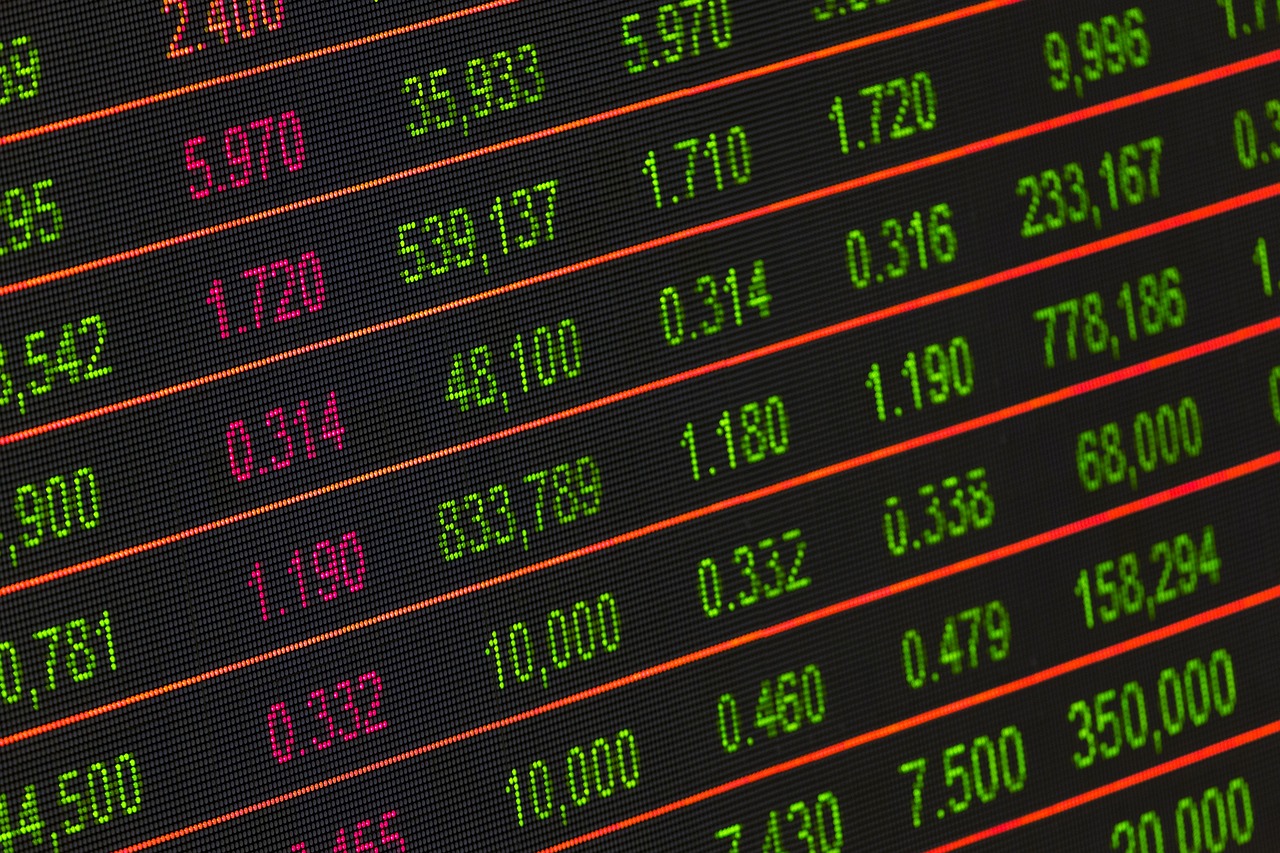
When investors hear the phrase “artificial intelligence,” names like Nvidia (NVDA) and Alphabet (GOOGL) (GOOG) spring to mind. But just outside the spotlight, ready to seize the moment, is New York-based Corning Incorporated (GLW) - a materials science pioneer that has spent over 170 years shaping industries.
Today, as the AI boom accelerates, Corning stands poised to capitalize on the surge in data center demand. With AI technologies requiring unprecedented processing power, data centers are ramping up their capacity, creating an insatiable need for the optical fibers and components Corning specializes in.
For instance, modern data centers running Nvidia’s advanced Hopper H100 GPUs need 10 times more fiber optics than traditional setups, which means that Corning’s optical solutions are in high demand. Plus, this year, hyperscale giants like Amazon (AMZN) and Alphabet are set to invest around $200 billion to enhance their data infrastructures, creating a significant opportunity for Corning.
Last week, Corning’s Q3 results sparked a stock surge to new highs, and Wall Street is predicting double-digit gains ahead. So, should investors jump on this dividend-paying powerhouse now, or wait for a better entry point?
About Corning Stock
Corning Incorporated (GLW) has been shaping the future of technology for over a century. Founded in 1851 and once known as Corning Glass Works, it has evolved from crafting glassware to a powerhouse in advanced materials. Back in 2007, Apple (AAPL) sought Corning’s expertise for a resilient screen on its first iPhone, sparking a revolution in display glass with its now-iconic Gorilla Glass, which protects millions of devices worldwide today.
Corning’s innovations also extend to fiber-optic cables, crucial to global connectivity - which Corning pioneered with its “low-loss” optical fiber in 1970. Now the world’s largest fiber-optic producer, Corning supplies tech giants like Amazon and Microsoft (MSFT), which drive today’s demand. As a key player in 5G, sustainable materials, and even AI-ready infrastructure, Corning continues to innovate, crafting the invisible backbone of modern connectivity.
Valued at $41.4 billion by market cap, Corning hit its 52-week high of $51.03 on Oct. 29 on the back of impressive Q3 results. With a 44.3% surge in just the last six months and a blazing 74% over the past 52 weeks, GLW is outpacing the returns of both the S&P 500 Index ($SPX) and the Technology Select Sector SPDR Fund (XLK).
Corning’s dividend brings an added appeal to the stock, reflecting its commitment to rewarding investors. On Oct. 2, the board declared a quarterly dividend of $0.28 per share, bringing its annualized dividend to $1.12.
That’s a 2.37% yield, and the payout ratio of 65.5% leaves room for reinvestment in its booming optical and communications segments. As AI-fueled demand pushes Corning to new heights, this dividend brings a touch of stability, blending growth potential with steady returns.
In terms of valuation, Corning trades at 24.23 times forward adjusted earnings and 2.82 times forward sales, roughly in line with its tech sector peers. However, the stock’s forward adjusted price/earnings-to-growth (PEG) ratio of 1.51 indicates that GLW is valued at a relative discount, compared to its expected growth.
Corning Stock Pops on Q3 Beat
Shares of the tech stock surged around 4.7% after its fiscal Q3 earnings release on Oct. 29, which beat Wall Street’s projections on both the top and bottom lines. Core sales rose 8% year over year to $3.7 billion, driven by Optical Communications segment demand, with revenue hitting $1.2 billion, up 36%. Enterprise sales in this segment notched a remarkable 55% spike, fueled by booming demand for Corning’s new optical connectivity solutions designed for generative AI.
Core EPS sprinted 20% higher to $0.54, comfortably outpacing revenue growth and beating estimates by nearly 4%. Plus, Corning generated $699 million in net operating cash and reported an impressive $553 million in free cash flow, backed by a solid $1.6 billion in cash on hand during the September quarter.
Alongside its impressive Q3 results, Corning shared an optimistic outlook. For Q4, management forecasts an acceleration in annual sales growth, up 15% to around $3.75 billion, with EPS expected to outpace that surge, up about 40% to land between $0.53 and $0.57.
In Display Technologies, recent price hikes are expected to push net income up to the range of $900 million to $950 million by 2025, keeping margins strong at 25%. Optical Communications is aiming even higher, as Corning expects its enterprise sales to grow at a hefty 25% annual clip through 2027. Corning’s “Springboard” plan is set to contribute over $3 billion in annual sales by 2026, with an operating margin target of 20%.
What Do Analysts Expect for Corning Stock?
After Corning’s fiscal Q3 results, multiple brokerage firms adjusted their price targets on GLW. JPMorgan analyst Samik Chatterjee kept an “Overweight” rating, while boosting the stock’s price target from $55 to $60, a new Street-high.
Likewise, Oppenheimer boosted its target from $51 to $58 with an “Outperform” rating, while Deutsche Bank increased its price target from $49 to $54.
Overall, Wall Street rates GLW a “Moderate Buy.” Of the 12 analysts covering the stock, eight rate it a “Strong Buy,” and four suggest a “Hold” rating.
The average target price for GLW stock is $53.77, indicating an upside potential of about 11.5% from current levels.
More Stock Market News from Barchart







